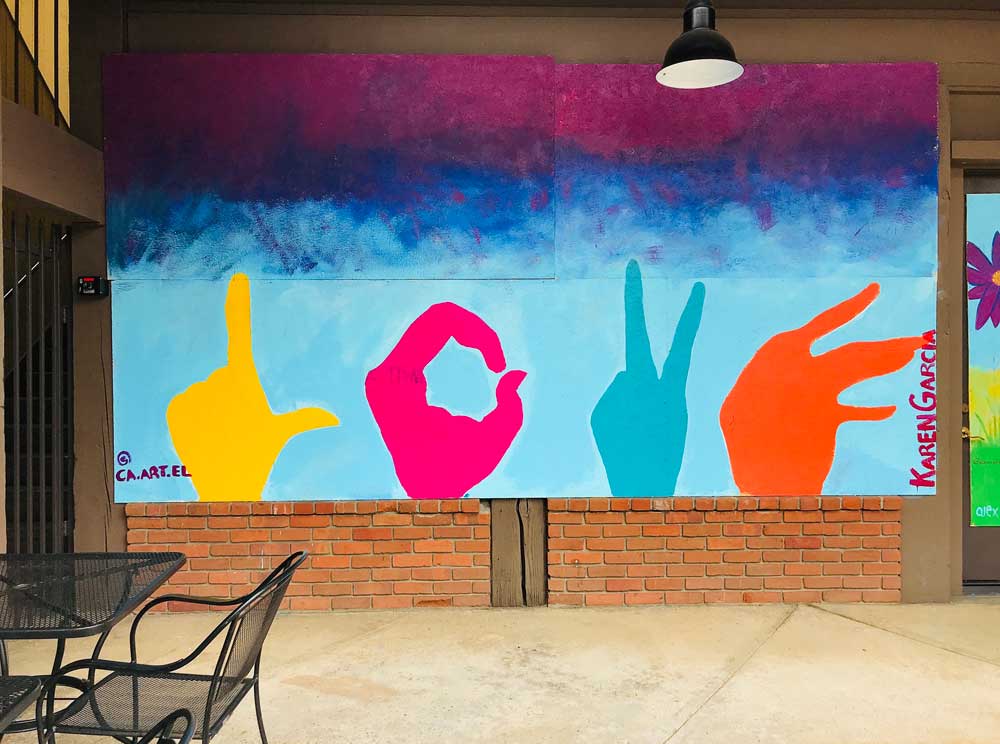CHHSM Anti-Racism Center
Together with Movements
Disability Justice is a movement and framework which addresses the multitude of ways disability and ableism intersect with other forms of oppression and identities (e.g. Black, Indigenous, People of Color, queer, trans, immigrant, poor, homeless, incarcerated, etc.) and centers on the lived experiences of those intersecting identities to work for social change and liberation.
Conceived by queer disabled women of color Patty Berne, Mia Mingus, and Stacey Milbern in 2005, and later joined by many others, Disability Justice grew out of a critique of the disability rights movement as overly focused on the perspectives of straight white men with physical disabilities. It recognizes the intersecting oppressive systems of white supremacy, colonial capitalism, homophobia, sexism, ableism, etc. in understanding how peoples’ bodies and minds are valued or how they are labeled as “deviant,” “unproductive,” and “disposable.” Disability Justice believes that all bodies and minds are unique, essential, and have needs that should be met.
Although there is no definitive recording of the disability status of those killed by police, the Ruderman Family Foundation published a 2016 study that estimates disabled people make up a third to half of all those killed by law enforcement officers. It is also estimated that the risk of being killed during a police incident is 16 times greater for individuals with untreated serious mental illness. And #BlackDisabledLivesMatter has created a platform to bring awareness of how the lives of disabled people of color are disproportionately affected by police brutality.
- Statement on Police Violence by Sins Invalid
- Black Disabled Lives Matter: We Can’t Erase Disability in #BLM by Teen Vogue
- The Defense of Black Lives Must Include Disability Justice by The Root
- Black Disabled Lives Matter Mural Project
- Policy Platform: End the War on Black Health and Black Disabled People by the Movement for Black Lives
- Episode 78: Hate Crimes by the Disability Visibility Project
- Episode 7: Violence and Disabled People by the Disability Visibility Project

